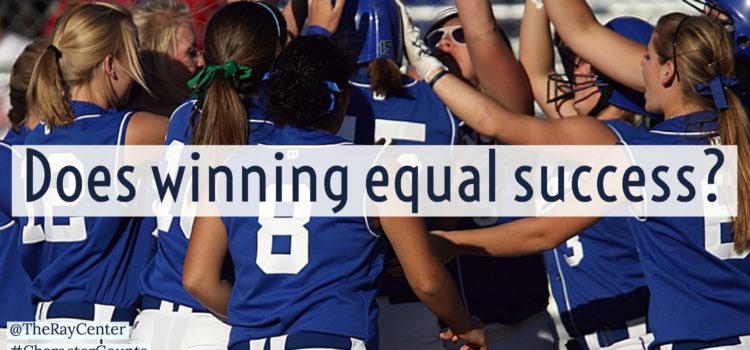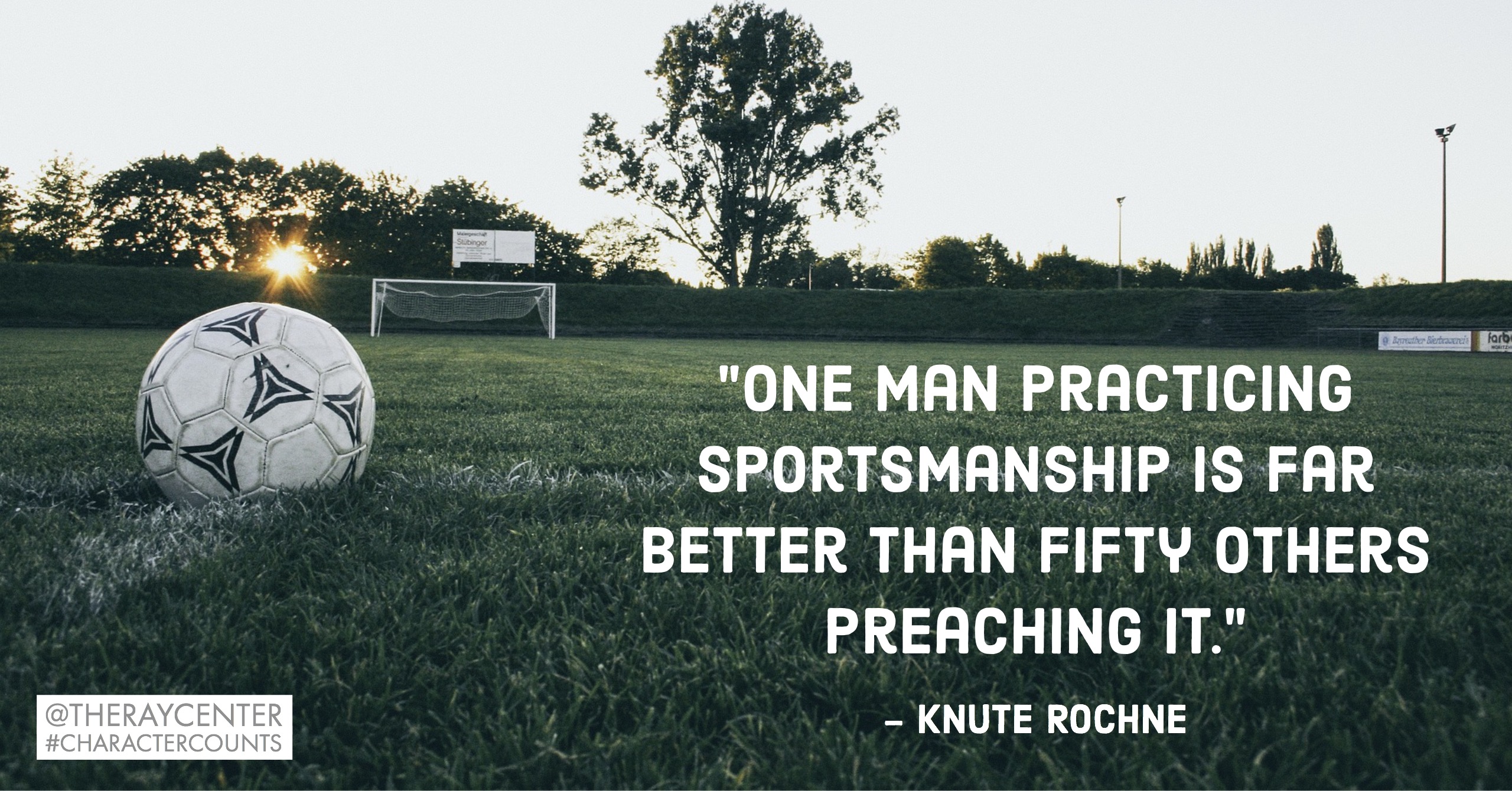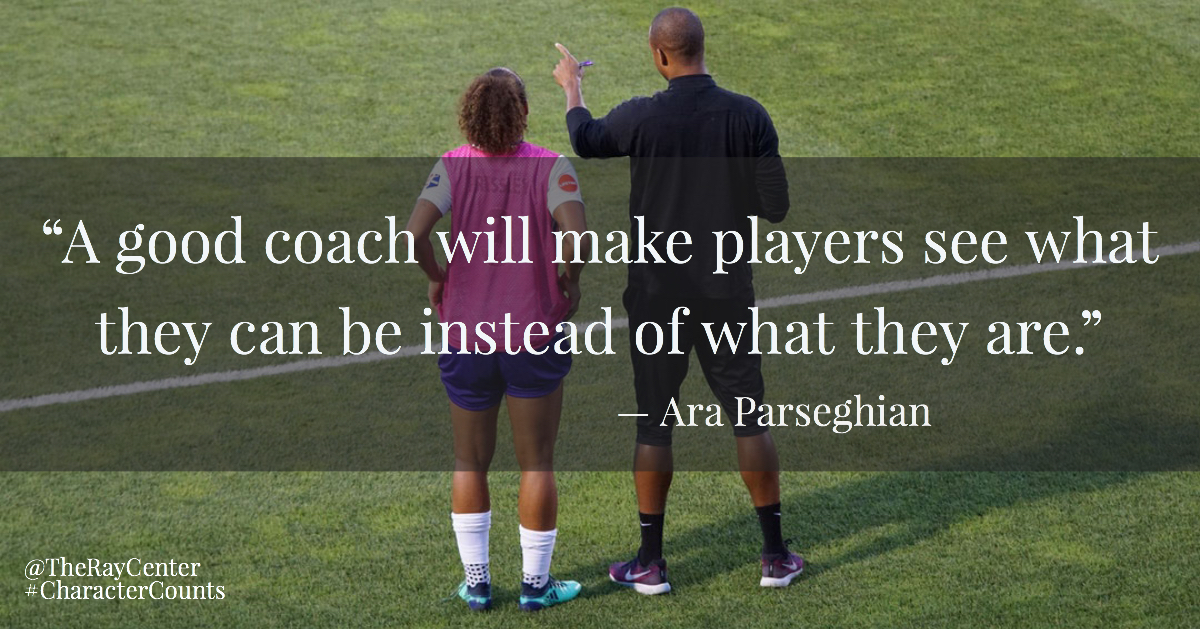Redefining competition
“Go Hawks, Beat State!” and its counterpart will be oft-uttered phrases when the two teams compete throughout the year. The purpose of competition, it is oft-believed, is beating our opponent and hopefully by a wide point margin. Our value as individuals, and the value of our team, is derived from the result of competition. Coach Joe Ehrmann, however, offers another definition of competition below.
“The root word of ‘competition’ is the Latin word ‘petere’ meaning to search or strive for. Most often it is used in the context of striving or searching for something of value or excellence. The preposition ‘com’ means together. So, literally, competition can be defined as a ‘mutual quest or striving for excellence.’ It is more process oriented than outcome oriented, whereby competitors strive together or with each other to bring out the best by presenting a worthy challenge.”
“Competition, therefore, is not defined by winning or losing, but by the degree to which all competitors realize their fullest potential. Since true competition is a ‘mutual quest for excellence,’ there are no winners and losers; everyone who competes wins. This cooperative sense of competition is a value-driven process that leads to respect for others, personal and team integrity, and justice and fairness.” -Joe Ehrmann, InSideOut Coaching: How Sports can Transform Lives, pg. 213
After reading Coach Hermann’s definition, think about the best games you have ever watched. What made those games great? Were most of the games blowouts or examples of two teams playing to their highest potential? Would you rather your team beat a good opponent in a competitive game or blowout an underdog?
Be proud to be a Hawkeye or Cyclone and cheer loud for your team. Always remember excellence can only be reached when both teams maximize their potential. Cheer for your team, not against the other.




